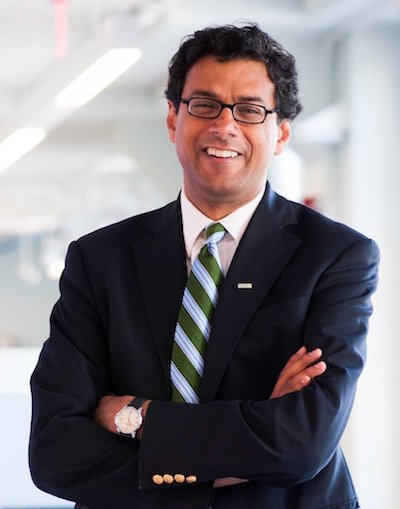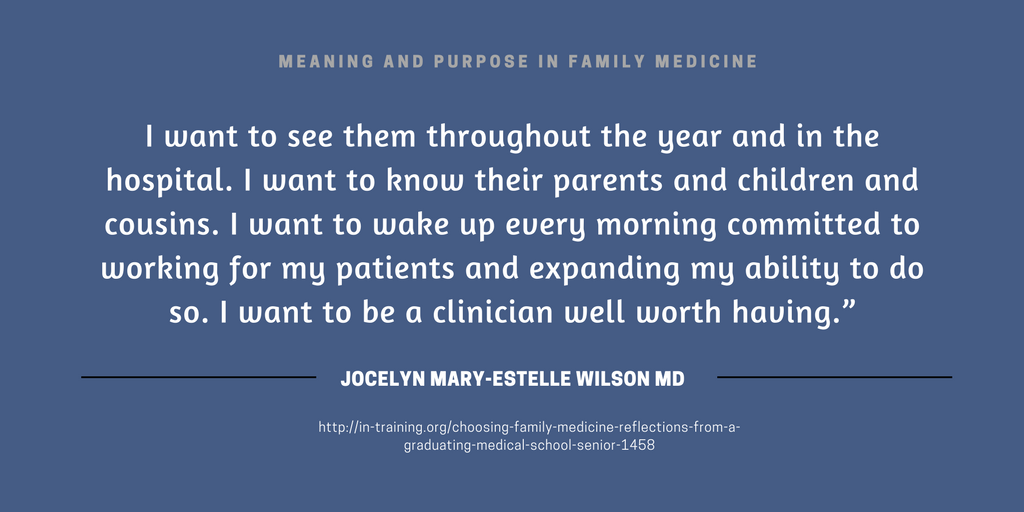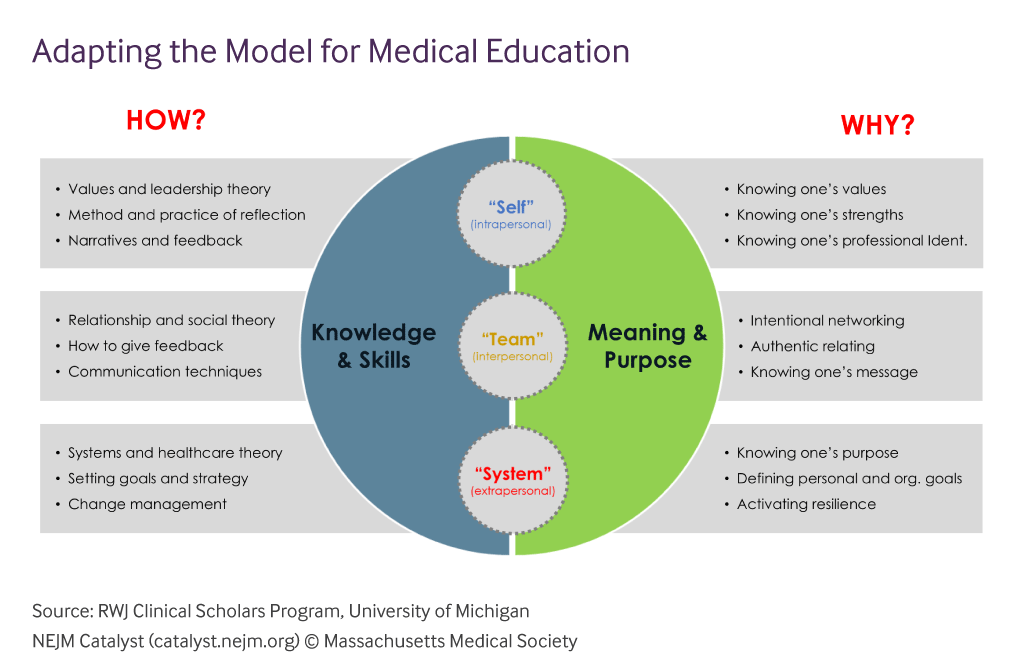Four years before Atul Gawande wrote a viral ode to “incremental care” (interpreted by many of us to mean family medicine), graduating medical school student, Jocelyn ME Wilson M.D., wrote her own manifesto, foreshadowing Gawande’s message in a blog post on the popular medical student-run online magazine In-Training. Dr. Wilson, then a senior at East Tennessee State University College of Medicine, had recently matched to the family medicine program at Baylor. In her post, she reflected on Choosing Family Medicine.
She writes, “Every adult, blessed with the basic abilities, must grow and discern their calling.” For Dr. Wilson, family medicine was her calling. Embarking on the path toward primary care, she says, “I want to see [my patients] throughout the year and in the hospital. I want to know their parents and children and cousins. I want to wake up every morning committed to working for my patients and expanding my ability to do so. I want to be a clinician well worth having."
Amidst the social and environmental pressures of medical school, Dr. Wilson’s careful reflection, connecting the roots of her calling to her future vision, stands out. Furthermore, the way she treats that calling in her writing mirrors the grace and humanity in Atul Gawande’s journalistic work. The quality that Wilson and Gawande both share is also the driving force in a new argument published in the New England Journal of Medicine Catalyst--meaning and purpose.
The “Why?” versus the “How?”
In the NEJM Catalyst, Assistant Professor Tammy Chang, MD, MPH, MS and her co-authors, argue that medical training needs to enable future physicians to develop their sense of meaning and purpose, to ask “why” in addition to “how.” The authors of the piece were once in Dr. Wilson’s shoes, on the verge of residency. Now, they are high-achieving clinicians, scholars, and medical school faculty members, with a message: Meaning and purpose will sustain you through burnout and anchor you through the storms.
Cultivating an inner understanding of one's motivations, strengths, and values can form “a personalized lattice onto which knowledge and facts can attach and grow. It is easier to remember the mechanism of each contraceptive method when you feel a sense of purpose to reduce reproductive injustices faced by low-income women, or the anatomy of a joint if you find meaning in preserving mobility and independence among the injured or elderly.”
But how?
How can medical schools prepare future physicians for careers of purpose-driven resilience? The authors point to the training they received as postdoctoral fellows in the Robert Wood Johnson Foundation Clinical Scholars program (RWJFCSP), at the University of Michigan. The program is now funded as part of the National Clinical Scholars Program (NCS) at the U-M Institute for Healthcare Policy and Innovation. The program provides leadership training to junior physicians. Its scholars broaden the scope of their understanding, both locally, through an awareness of interpersonal strengths and personal values, and globally, in their ability to conceptualize health issues at a systems-level. Below is a model of the NCS program training:
In 2013, years before the New England Journal of Medicine and the New Yorker essays, Jocelyn Wilson wrote, “I find it baffling that the public health theorist’s cure to the health care crisis is primary care and yet the economic climate is steadily calling for its extinction. The young physician now, it seems, must not only be armed with evidence based medicine but also with a vision of what healthcare can be.” That’s meaning and purpose. Finally, Jocelyn, have you heard of our IHPI Clinical Scholars Program?
Robert Wood Johnson Foundation/IHPI National Clinical Scholars and Faculty from the Department of Family Medicine
Claire K. Ankuda, M.D., M.P.H., RWJFCSP scholar
Alicia Cohen, M.D., RWJFCSP scholar
Cornelius D. Jamison, M.D., M.P.H., IHPI National Clinical scholar
Tammy Chang, M.D., M.P.H., M.S., RWJFCSP & IHPI NCS core faculty
Sara L. Warber, M.D., RWJFCSP & IHPI NCS core faculty
Caroline R. Richardson, M.D., RWJFCSP & IHPI NCS Co-Director






